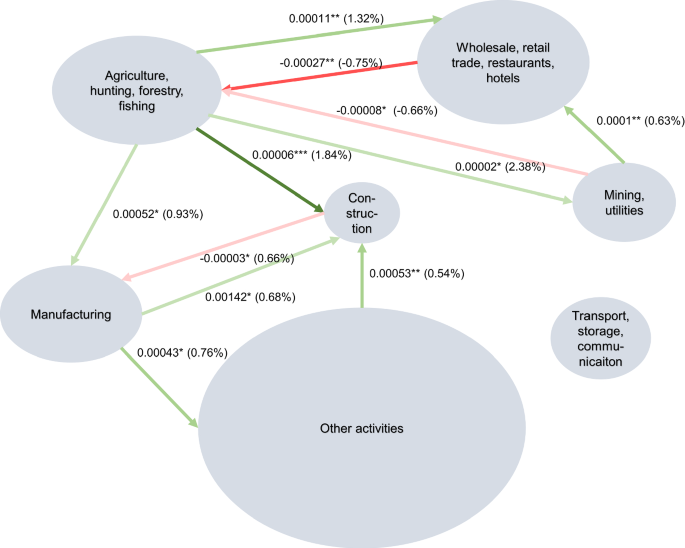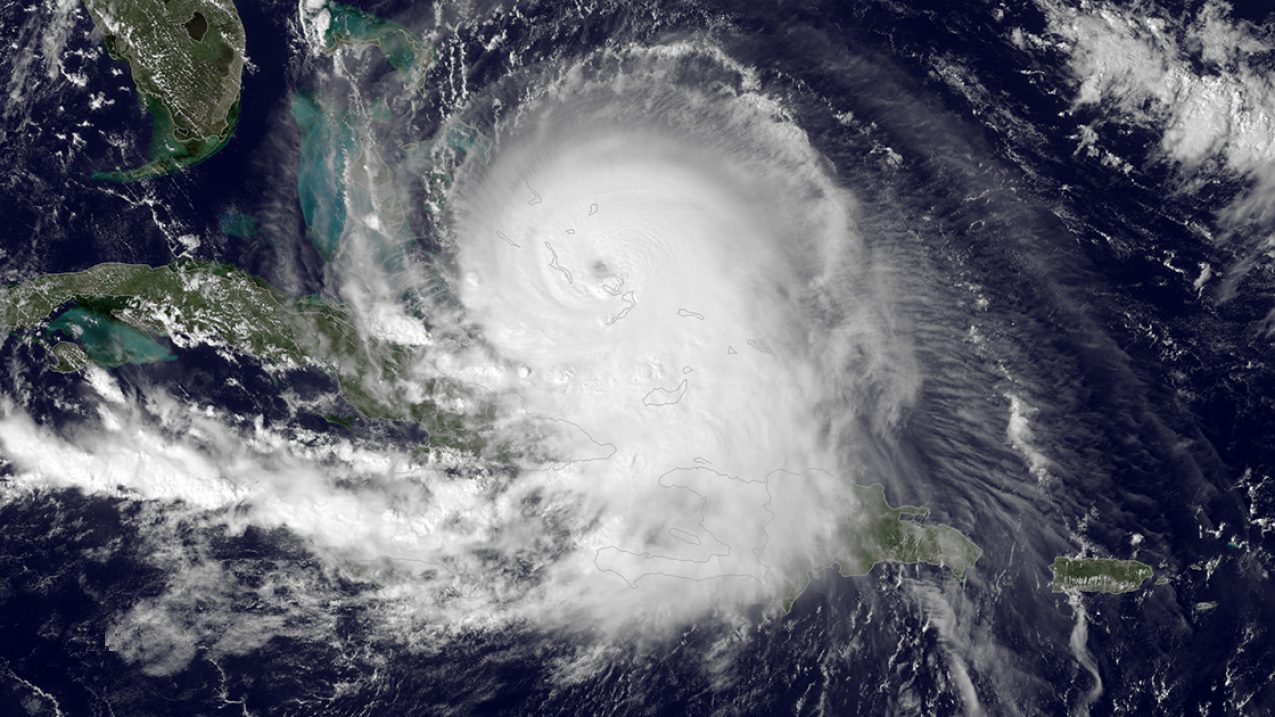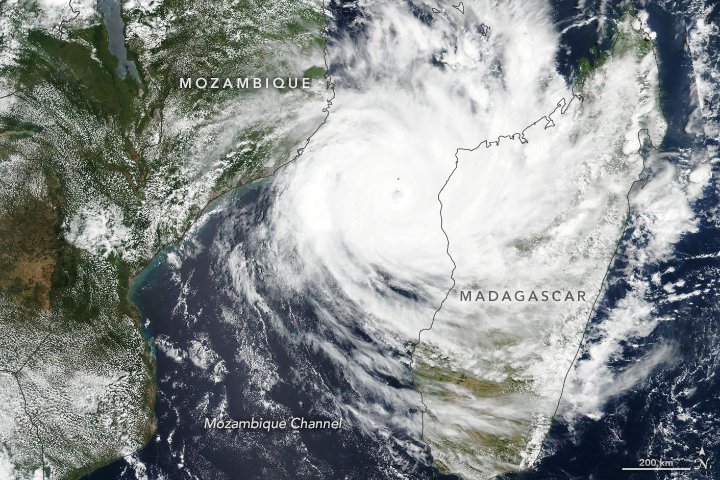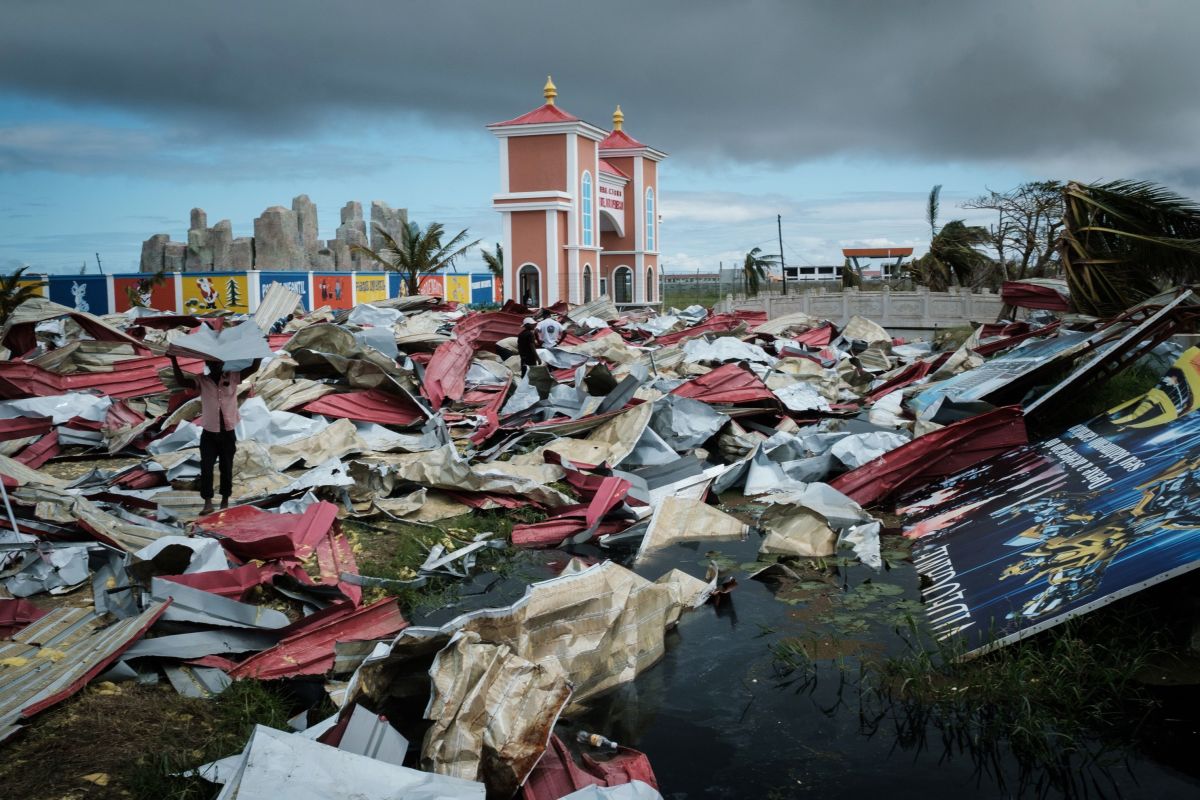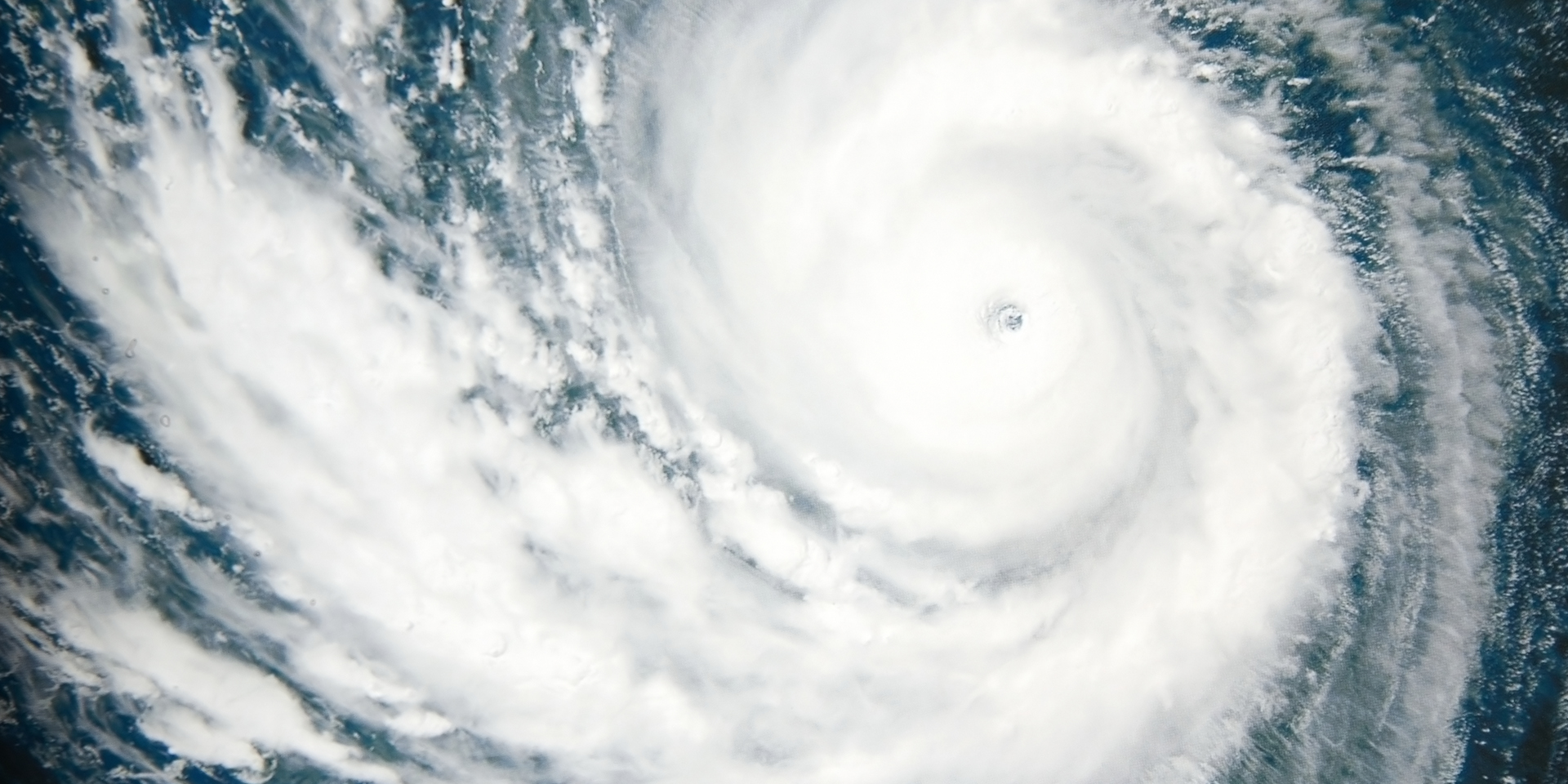A cyclone is a large scale atmospheric system characterized by low pressure at the center and high wind speeds. Cyclones can bring about extreme weather conditions such as heavy rain, strong winds, and thunderstorms, and can cause significant damage to communities and infrastructure. In this essay, we will examine the negative effects of cyclones on human society and the environment.
One of the most significant negative effects of cyclones is the destruction of property and infrastructure. Strong winds and heavy rainfall can damage or destroy buildings, roads, bridges, and other forms of infrastructure. This can have a devastating impact on communities, particularly in areas where infrastructure is already weak or vulnerable. Cyclones can also cause landslides, which can further damage or destroy infrastructure and make it difficult for emergency services to access affected areas.
Cyclones can also have a severe impact on agriculture and food security. Heavy rainfall can flood crops and destroy harvests, while strong winds can damage or destroy agricultural infrastructure such as greenhouses and irrigation systems. This can have a serious economic impact on communities that rely on agriculture for their livelihoods, as well as on food security in affected areas.
In addition to the direct effects of cyclones on human society and the environment, they can also have indirect consequences. For example, cyclones can cause power outages and disrupt communication systems, making it difficult for people to access information or communicate with loved ones. They can also disrupt transportation systems and supply chains, making it difficult to deliver essential goods and services to affected areas.
Another negative effect of cyclones is the risk of injury or death to people caught in their path. Strong winds and heavy rainfall can be dangerous and can cause accidents or injuries, particularly if people are not prepared or do not have access to appropriate shelters. Cyclones can also cause landslides, which can bury or sweep away people and buildings.
Finally, cyclones can have a significant impact on the environment. They can cause erosion, deforestation, and habitat destruction, as well as damage to ecosystems and wildlife. They can also increase the risk of waterborne diseases such as cholera and typhoid, as contaminated water can be spread through flooding.
In conclusion, cyclones can have a range of negative effects on human society and the environment. They can destroy property and infrastructure, disrupt agriculture and food security, cause power outages and communication disruptions, and pose a risk to people's safety and well-being. They can also have a significant impact on the environment, causing erosion, deforestation, and habitat destruction, as well as damage to ecosystems and wildlife.

